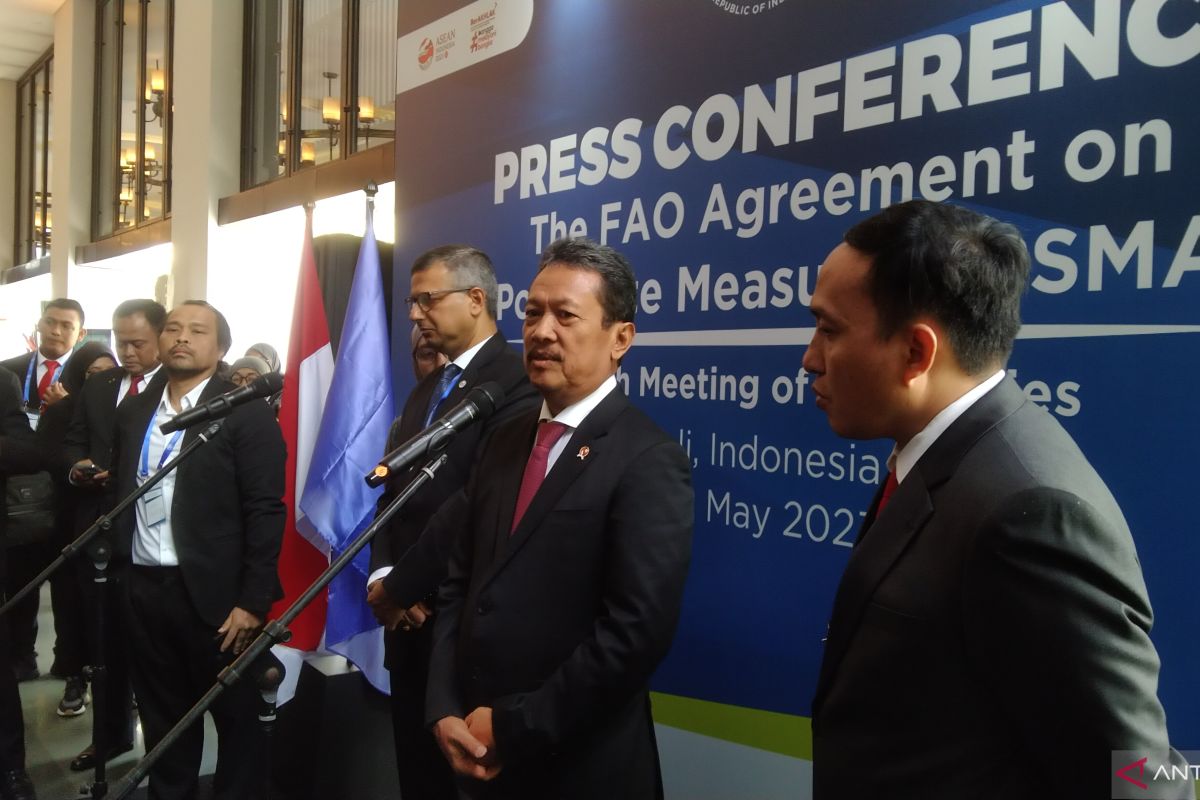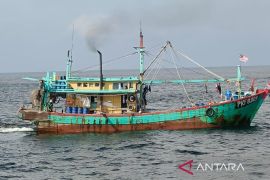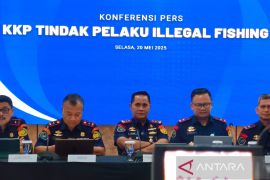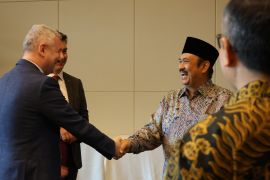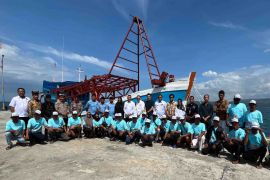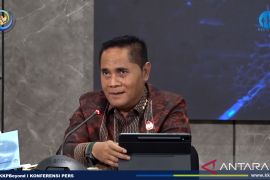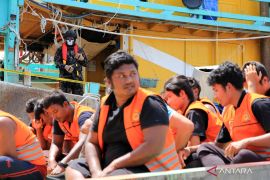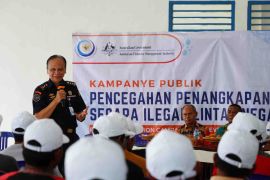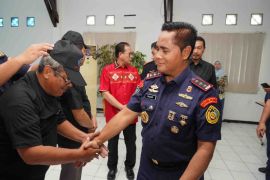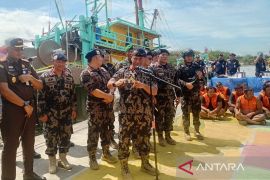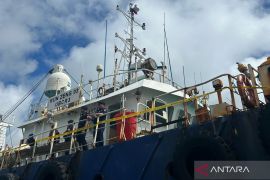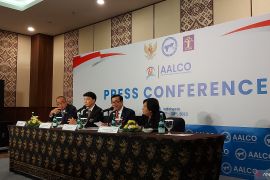"Fishers have to unload their catch at the designated ports and are obliged to report (the catch) transparently and independently," Maritime Affairs and Fisheries Minister Wahyu Sakti Trenggono stated during the FAO Agreement on Port State Measures (PSMA) in Kuta, Bali, on Monday.
PSMA is the government's regulation that is imposed on ships bearing other countries' flags that are about to dock or use the designated ports in order to combat IUU fishing.
Trenggono drew attention to the national potential of annual fish population that can reach some 12 million tons per year.
The minister pointed out that only 80 percent of that figure may be caught as a means to ensure the sustainability of Indonesian fish population.
The policy is expected to come into effect in two to three months once the derivative regulation by the ministry has been completed, he stated.
In the policy, certain quota and zones will be set up for fish-catching activities in Indonesia so as to prevent an excessive amount of fish from being caught, the minister explained.
To monitor the implementation of the policy, a satellite tech will be deployed, and patrols using ships and aircraft will be conducted, Trenggono stated.
The government has set up six zones of fisheries all across Indonesia upon which docks are placed to unload the catches, he remarked. Hence, the ships no longer have to sail to Java Island, as they can easily dock at the nearest designated docks available in the zone they are in, he explained.
He listed four ports that had been used for docking by foreign fishery ships. The ports in question are the Nizam Zachman Fishery Dock in Jakarta, Bitung Fishery Dock in North Sulawesi, Bungus Fishery Dock in West Sumatra, and Benoa Port in Bali.
Director-General of the Food and Agriculture Organization of the United Nations Qu Dongyu stated that PSMA can encourage the application of sustainable fishery practices on a global scale.
Currently, 101 countries adhere to the PSMA, one of the three most crucial global fishery instruments, Dongyu remarked.
"Our collective effort will form the future of global fisheries, a healthier and more blue future with better production, better nutrition, better environment, and better life for everyone," he stated.
FAO representative for Indonesia and Timor-Leste Rajendra Kumar Aryal also said at the meeting that he expected to see more countries to follow suit and ratify the agreement, such as Indonesia, which ratified it on 2016.
"It is expected that this meeting can lead to more countries joining the same boat," Aryal remarked.
The meeting in Bali also discussed some important issues, ranging from the status of the 2009 FAO agreement on PSMA as well as the strategy to improve PSMA effectiveness through data and information exchange from all member countries in order to prevent IUU fishing.
Related news: FAO opens international meeting on illegal fishing in Bali
Related news: Indonesia urges Australia to bolster maritime security commitment
Translator: Dewa Ketut SW, Mecca Yumna
Editor: Rahmad Nasution
Copyright © ANTARA 2023
